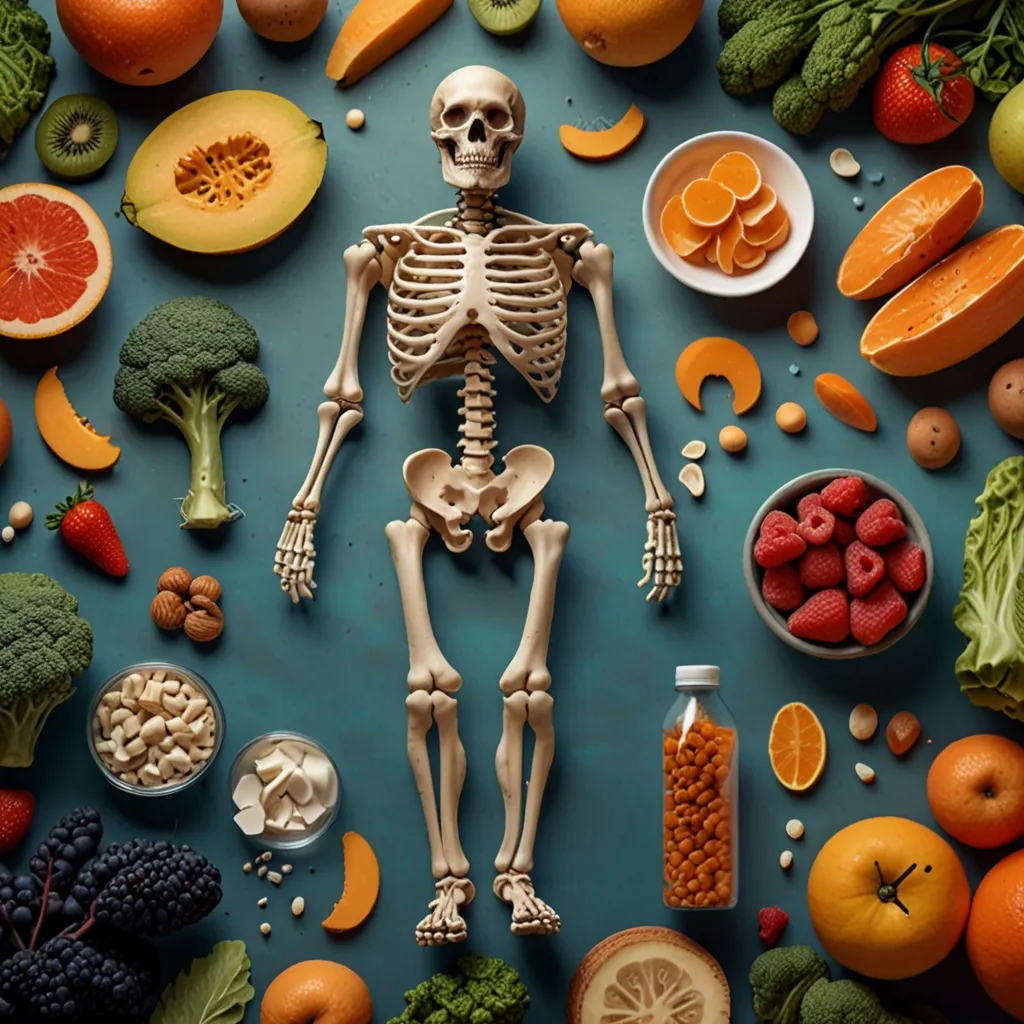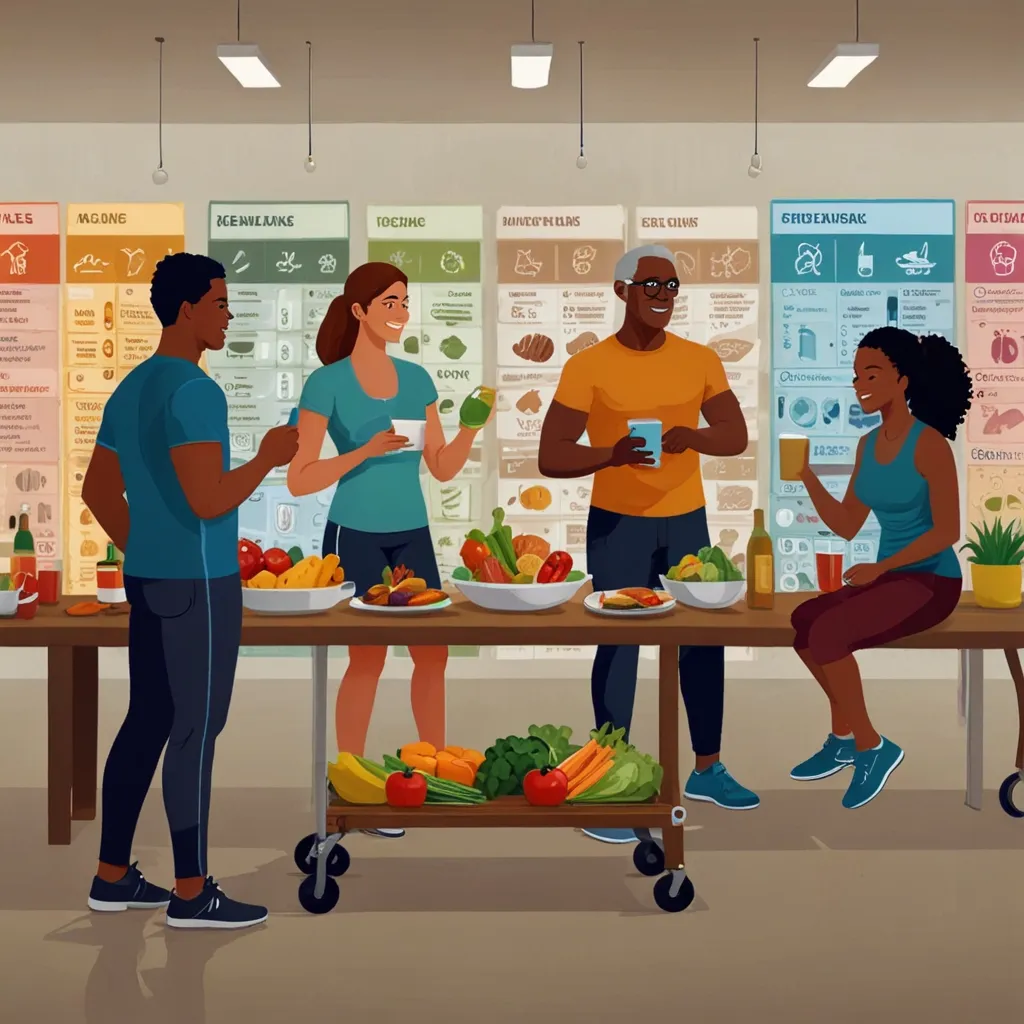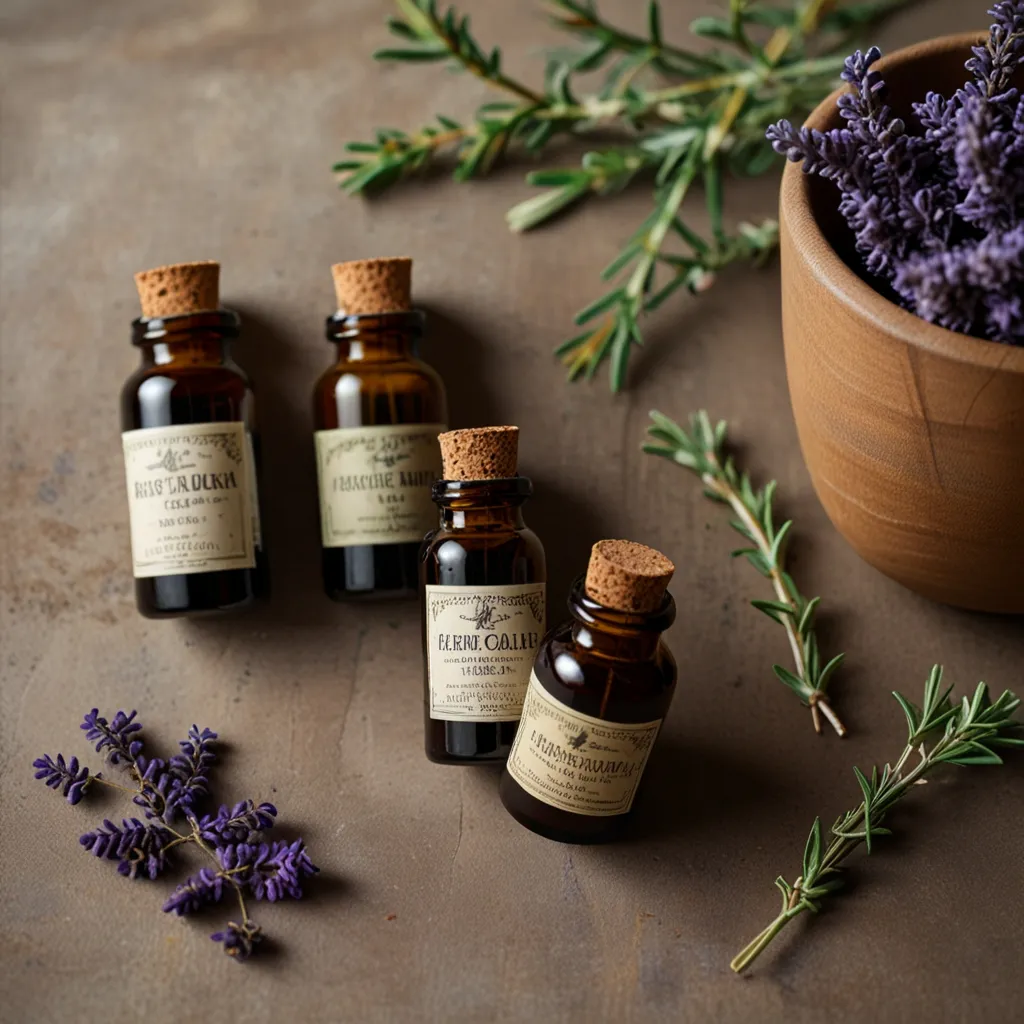Bones are like the unsung heroes of our bodies. They’ve got our back—quite literally. They provide structure, support, and protection, and they’re like a savings account for essential minerals. But hey, how do we keep these superstars strong and healthy? Let’s dive deep into the world of bone health and unlock the secrets to fortifying your bones.
First off, bones are not just static. They’re constantly doing the remodeling dance. This involves removing old bone and replacing it with fresh, new bone. This shindig goes on throughout our lives. We hit our peak bone mass in our early 20s; after that, it’s like a slow decline where we start to lose a bit more bone than we gain. This natural ebb and flow can sometimes lead to conditions like osteoporosis, where bones decide to become weak and brittle. Not cool, bones, not cool.
A killer diet is the cornerstone of keeping your bones in tip-top shape. Think of calcium and vitamin D as the dynamic duo in this saga. Calcium is the heavy lifter, making bones hard and dense, while vitamin D is like the trusty sidekick that helps your body absorb that calcium. You’ll find calcium doing its thing in dairy products, almonds, broccoli, kale, and even canned salmon (bones included). Vitamin D likes to hang out in oily fish, mushrooms, eggs, and favorite fortified foods like milk and cereals. Plus, don’t forget that sunlight helps with vitamin D production, so a few minutes under the sun can be beneficial.
Exercise is a match made in heaven for bones. Engaging in weight-bearing activities like running, walking, dancing, and even climbing stairs can really get things going. These kinds of exercises stimulate bone formation because you’re working against gravity. Strength training is another rockstar move, promoting muscle and bone growth. Even the simpler stuff like gardening or lugging around groceries can keep your bones strong and steady.
Lifestyle choices play a huge role in bone health too. Smoking and excessive boozing? Big no-nos. They’re known to make bones weaker. Keeping a moderate weight hits the sweet spot; being underweight can knock bone density down a peg. A so long, sedentary lifestyle! Staying active is key to maintaining that bone strength.
While a balanced diet is the MVP, sometimes nutritional supplements can step in like the understudy in a crunch. Calcium and vitamin D supplements can cover any gaps in your diet. Though, a heads-up—consult with a doctor to make sure you’re not overdoing it.
Let’s not forget other essential nutrients that are part of the bone brigade. Magnesium helps in the formation of bone cells, and zinc supports the mineral part of bones. Omega-3 fatty acids? They have anti-inflammatory powers that can shield against bone loss. You’ll find them in fatty fish and plant sources like chia seeds and flaxseeds.
Vegetables, the unsung heroes, deserve a shout-out too. Rich in vitamin C, they help produce those bone-forming cells. Green and yellow veggies, in particular, boost bone mineralization. Stock up on onions, broccoli, cabbage, and parsley for a bonus to your bone health.
Hormones have a say in the bone game too. Estrogen is a key player, helping maintain bone mass and strength. Other hormones respond to changes in blood calcium and phosphorus levels, keeping the balance in check.
Both genetic and environmental factors affect your bone health. If your genes are a little off-kilter, your bones might swing from being too weak to overly dense. Nutritional deficiencies and hormonal issues can shake things up too. The good news is that factors like diet and physical activity are under your control, so you can tweak them to support and bolster your bones.
Osteoporosis is like the common enemy here. It usually rears its ugly head later in life and occurs when bone breakdown outpaces bone formation. This can lead to those pesky structural abnormalities, making bones more fragile. Having a high peak bone mass lowers your chances of developing osteoporosis.
The future of bone health shines bright with ongoing research. Scientists are cracking the code on how bones respond to mechanical forces and identifying new genes and proteins. This could pave the way for better treatments and preventive strategies. Supporting basic research is key to pushing our understanding forward and ultimately improving bone health.
In the grand scheme of things, building and maintaining strong bones is a lifelong journey. Combining a nutrient-rich diet, regular exercise, and healthy lifestyle choices ensures that your bones stay strong and resilient. It’s never too early or too late to start giving your bones the TLC they need. With the right habits and the right knowledge, you can ensure that your bones remain healthy and strong for years to come.






